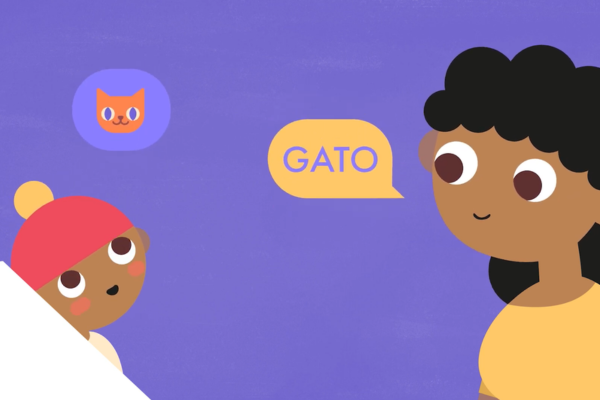August 20, 2025

Though many parents worry about confusion or delays related to multiple languages being used in the home, you can reassure them of the many benefits. These include strengthening children's executive function skills, and helping them to make emotional connections with caregivers in their native language.
Here are a few ways to explain this to families:
- "Your child's brain is truly amazing and built for languages!" Reassure parents that children's brains are incredibly adaptable and efficient at acquiring multiple languages simultaneously. Explain that early exposure actually sets them up for a lifetime of cognitive advantages, rather than causing confusion or delays.
- "They're gaining real skills!" Highlight the proven brain benefits: multilingual children often show ehanced problem-solving skills, better attention control, and greater cognitive flexibility. Frame it as giving their child a significant academic and intellectual edge.
- "It's a bridge to family and culture." Emphasize that maintaining heritage languages strengthens family bonds and cultural identity. Speaking multiple languages allows children to communicate deeply with relatives, fostering a rich sense of belonging and connection.
- "Any temporary 'mixing' is completely normal and a sign of learning!" Address common concerns directly. Reassure parents that code-switching (mixing languages) is a natural developmental stage and not a sign of confusion or delay. It actually shows their brain is effectively making connections across languages, which is a sign of linguistic prowess.
